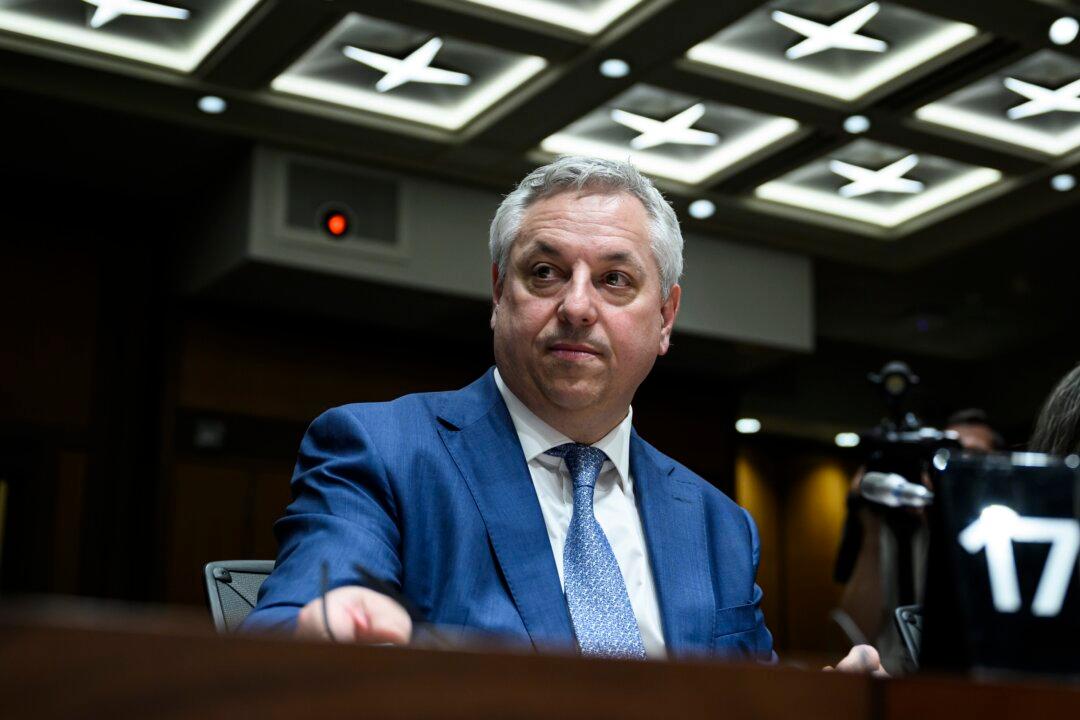A second national security adviser to the prime minister got a warning in 2021 from the nation’s spy agency that Beijing was targeting MPs, a classified document obtained by The Epoch Times shows, but he didn’t brief it up. Additionally, this detail was not included in the special rapporteur’s report on foreign interference.
Through an access to information request, The Epoch Times obtained a partly redacted Top Secret limited distribution briefing note the Canadian Security Intelligence Service (CSIS) sent to a handful of government officials in May 2021, advising them it would conduct “defensive briefings” with the targeted MPs.





